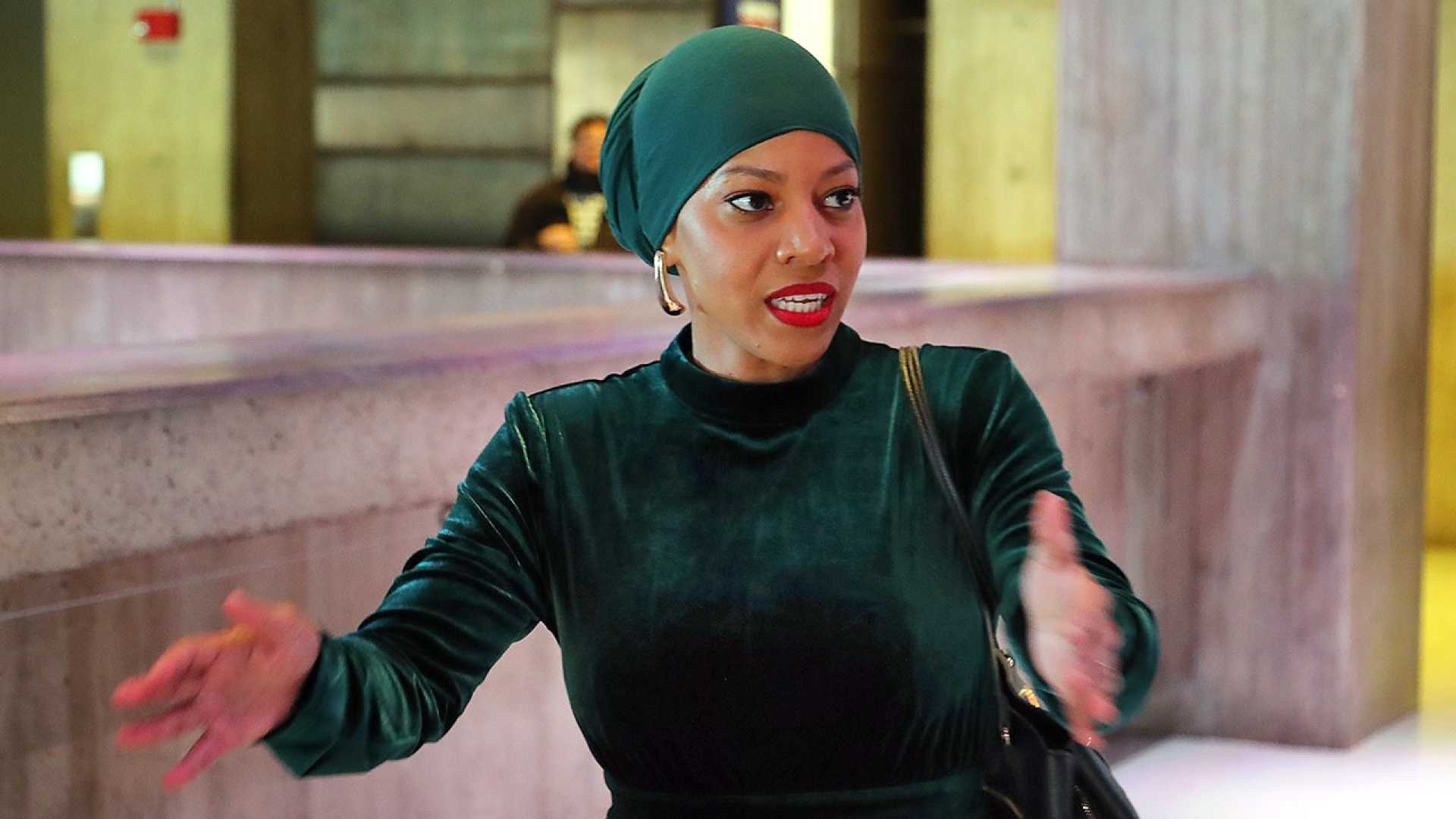Politics
Boston City Council Moves to Address Councilor’s Corruption Charges

Boston, MA — The Boston City Council will consider a resolution this week aimed at removing Councilor Tania Fernandes Anderson following her guilty plea to two federal corruption charges related to a kickback scheme at City Hall.
Councilors Erin Murphy and Ed Flynn are set to propose a non-binding resolution during Wednesday’s meeting to discuss Fernandes Anderson’s continued service. This follows her plea in federal court last week, where she admitted to participating in a $7,000 kickback scheme in June 2023.
“The residents want to know where we stand on it,” Murphy stated. She emphasized the importance of the council taking a clear stance on Fernandes Anderson’s actions. Flynn echoed her sentiments, saying that the Council has “lost the moral high ground needed during this critical time.”
Fernandes Anderson, who represents District 7, previously announced her intention to officially resign in June after the City Council budget process concludes. However, her absence during last week’s meeting, which she attributed to a “family emergency,” raised concerns among her colleagues about the council’s accountability.
Prior to the resolution’s introduction, another councilor, Julia Mejia, blocked the late-file measure during the previous meeting, stating that all councilors should be present to discuss matters involving a colleague. “We’re talking about something that’s in reference to a colleague,” she said.
Louijeune, the Council President, has also sought guidance on rules surrounding the removal of convicted councilors. The city’s corporation counsel clarified that councilors cannot be removed until after sentencing, which for Fernandes Anderson is scheduled for July 29. She faces a recommendation of one year and one day in prison.
Despite this, Murphy and Flynn plan to push forward with the resolution in Tuesday’s meeting, emphasizing that it reflects public trust. “The people of Boston are watching,” Murphy stated. “We owe them more than silence.”
With city elections approaching, both Murphy and Flynn believe that council members should not shy away from making firm decisions about leadership standards. “Residents want us to do what’s best for the residents of the city,” Flynn said.
Fernandes Anderson’s actions and the Council’s response remain under scrutiny as the situation develops, with many calling for immediate and decisive actions regarding her position and the integrity of the Boston City Council.












